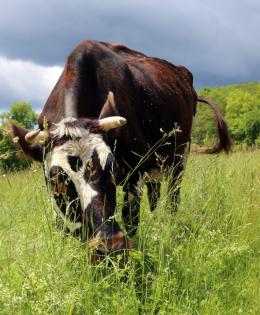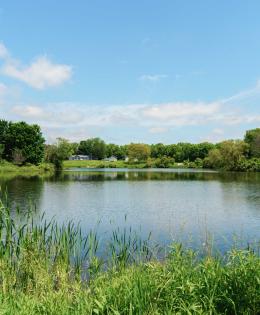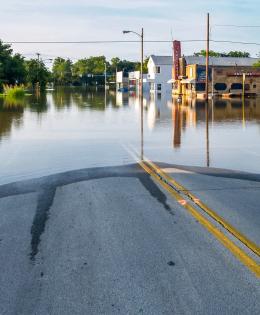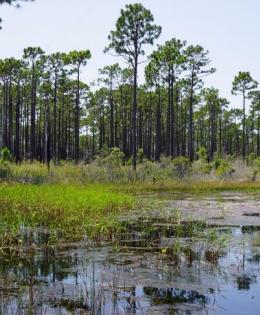Through a network of local field offices, USDA Natural Resources Conservation Service in North Carolina helps private landowners protect and enhance natural resources.
Welcome to the Natural Resources Conservation Service Page for North Carolina. Landowners in the state that are planning projects to address natural resource concerns can apply for financial and technical assistance. Past projects include riparian buffer zones, oyster restoration efforts, urban agriculture projects, and many others. Find your county using the locator tool and get started today.
Disaster Assistance for Tropical Storm Helene and Others.
From floods to drought, fire or hurricanes, NRCS provides disaster recovery assistance to farmers, ranchers, landowners and communities through a variety of USDA programs. Visit Disaster Recovery for full details on what USDA-NRCS provides. If your ag operation is impacted by a natural disaster, other agencies like the Farm Service Agency (FSA) and Risk Management Agency (RMA) also offer disaster assistance programs and Federal crop insurance. Contact your local USDA Service Center to report losses and learn more about program options available to assist in their recovery from crop, land, infrastructure and livestock losses and damages. On farmers.gov, learn more on our Protection and Recovery webpage or by using the Disaster Assistance Discovery Tool.
For producers in North Carolina, the N.C. Department of Agriculture and Consumer Services activated its hotline Saturday, Sept. 28, to connect farmers with resources that can assist with damage and other agricultural emergencies related to Tropical Storm Helene. The toll-free number is 1-866-645-9403. A live operator will be available on the hotline between 8 a.m. and 5 p.m.
Public Notifications
North Carolina NRCS public notifications are posted for public review and comment. Visit our public notification page to see specific response options that are outlined in each notice.
Available Positions
To see all available positions for NRCS and other USDA agencies please visit https://www.usajobs.gov/
North Carolina State Office
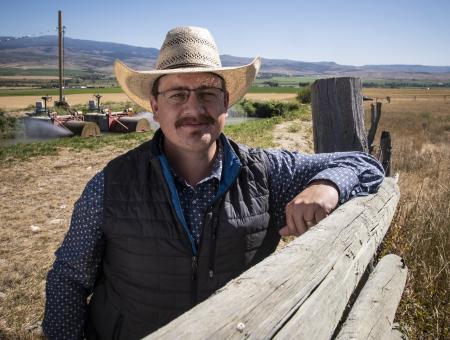
State Payment Schedule
NRCS provides financial assistance for selected conservation practices. The availability and amount of financial assistance can vary between states.
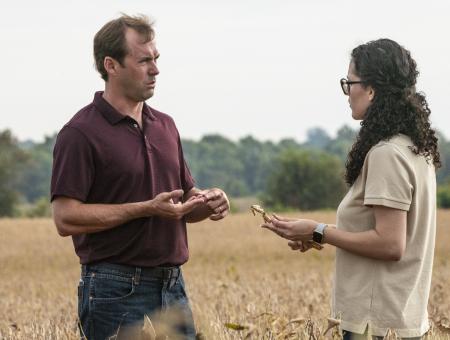
State Technical Committee
State Technical Committees serve in an advisory capacity to the Natural Resources Conservation Service (NRCS) and other agencies of the U.S. Department of Agriculture (USDA) on the implementation of the natural resources conservation provisions of Farm Bill legislation.
How to Get Assistance
Do you farm or ranch and want to make improvements to the land that you own or lease?
Natural Resources Conservation Service offers technical and financial assistance to help farmers, ranchers and forest landowners.
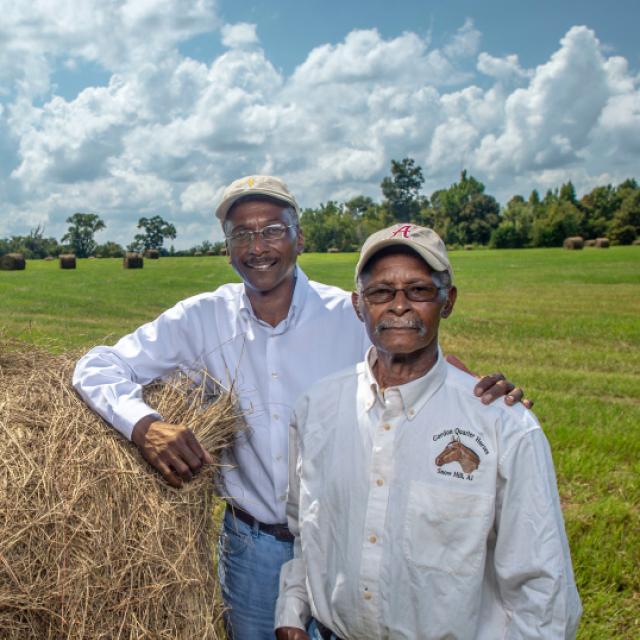
To get started with NRCS, we recommend you stop by your local NRCS field office. We’ll discuss your vision for your land.
NRCS provides landowners with free technical assistance, or advice, for their land. Common technical assistance includes: resource assessment, practice design and resource monitoring. Your conservation planner will help you determine if financial assistance is right for you.
We’ll walk you through the application process. To get started on applying for financial assistance, we’ll work with you:
- To fill out an AD 1026, which ensures a conservation plan is in place before lands with highly erodible soils are farmed. It also ensures that identified wetland areas are protected.
- To meet other eligibility certifications.
Once complete, we’ll work with you on the application, or CPA 1200.
Applications for most programs are accepted on a continuous basis, but they’re considered for funding in different ranking periods. Be sure to ask your local NRCS district conservationist about the deadline for the ranking period to ensure you turn in your application in time.
As part of the application process, we’ll check to see if you are eligible. To do this, you’ll need to bring:
- An official tax ID (Social Security number or an employer ID)
- A property deed or lease agreement to show you have control of the property; and
- A farm number.
If you don’t have a farm number, you can get one from USDA’s Farm Service Agency. Typically, the local FSA office is located in the same building as the local NRCS office. You only need a farm number if you’re interested in financial assistance.
NRCS will take a look at the applications and rank them according to local resource concerns, the amount of conservation benefits the work will provide and the needs of applicants. View Application Ranking Dates by State.
If you’re selected, you can choose whether to sign the contract for the work to be done.
Once you sign the contract, you’ll be provided standards and specifications for completing the practice or practices, and then you will have a specified amount of time to implement. Once the work is implemented and inspected, you’ll be paid the rate of compensation for the work if it meets NRCS standards and specifications.


